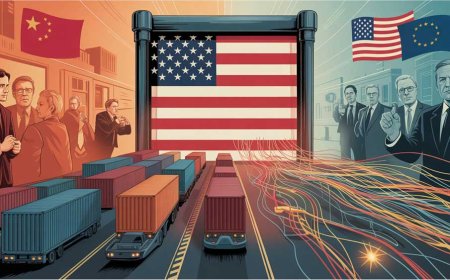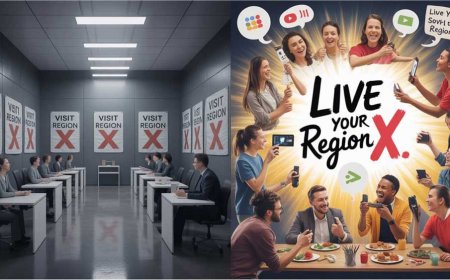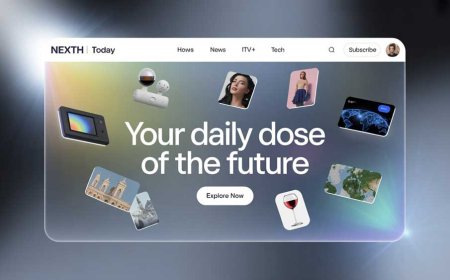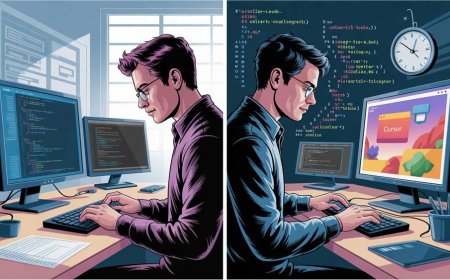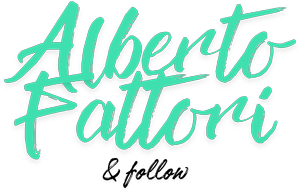QVAC and Sharism: Artificial Intelligence Enters the Sharing Economy
AI in 2025: The Rise of Agentic AI and Ethical, Impactful Intelligence AI in 2025 shifts from tools to agents—focused on ethics, precision, and real-world impact across business, society, and innovation.

Amid today’s sweeping digital transformation, two seemingly distant trends are converging in a meaningful way: Sharism and the decentralization of Artificial Intelligence. With the recent unveiling of QVAC by Tether, these two powerful forces appear ready to intersect—ushering in a new era where intelligence is no longer a corporate monopoly but a shared, evolving, and personal asset.
It emerged as a response to the pitfalls of closed systems and digital monopolies, proposing an alternative based on collaboration, interoperability, and trust. Sharism isn't just about giving things away—it's about creating richer, more inclusive ecosystems through voluntary and reciprocal sharing.
QVAC by Tether: Personal AI for the People
With QVAC (Quantum Verifiable AI Compute), Tether introduces a bold vision: a modular, customizable, and locally hosted AI framework. QVAC is designed for those who want to own and control their AI agents directly—without relying on centralized platforms.
This architecture aligns perfectly with Sharist values:
- Local-first and private by design: QVAC runs on personal hardware, keeping user data safe and offline.
- Modular and open to collaboration: Developers and communities can adapt and share AI modules.
- Verifiable and decentralized: Agents communicate securely and transparently, with no central authority.
This is not just a tool—it’s a shift in power: from institutions to individuals, from closed models to a network of evolving intelligences.
From Artificial to Collective Intelligence
One of the promises of QVAC is the transformation of AI from a product of the few into a collaborative, evolving, and participatory ecosystem.
Imagine communities building shared AI agents to support local needs—from environmental monitoring to education, healthcare, and culture. Each node maintains its privacy and sovereignty, yet contributes to a larger, peer-to-peer knowledge network.
This vision aligns with Sharism’s belief in collective value creation—where individuals benefit from what others share, and contribute back to a constantly improving whole.
A Sharist Infrastructure for the Next Web
QVAC can serve as the AI operating system for a new generation of Web applications—ones that are decentralized, ethical, and human-aligned.
In such a future:
- Every person has a personal AI assistant, evolving with them and supporting their decisions.
- Small businesses and cooperatives create AI networks that enhance their shared goals.
- Innovation no longer depends on billion-dollar data centers, but on distributed collaboration.
This is the Web of Sharism: empowered by tools like QVAC, sustained by a culture of trust, and driven by the desire to build together—not to dominate.
Rethinking AI Through the Lens of Sharing
QVAC by Tether opens a door to a future where AI is not just artificial—it’s authentically human, local, and shareable. It challenges the dominant model of AI as a corporate black box and reimagines it as a transparent, verifiable, and decentralized infrastructure for the many.
By connecting with the principles of Sharism, QVAC has the potential to become more than a technological innovation. It could be the beginning of a new economic and cultural paradigm, where intelligence is not hoarded—but shared, grown, and multiplied.
More info about Sharism https://sharism.wiki - https://sharism.xyz
What's Your Reaction?








